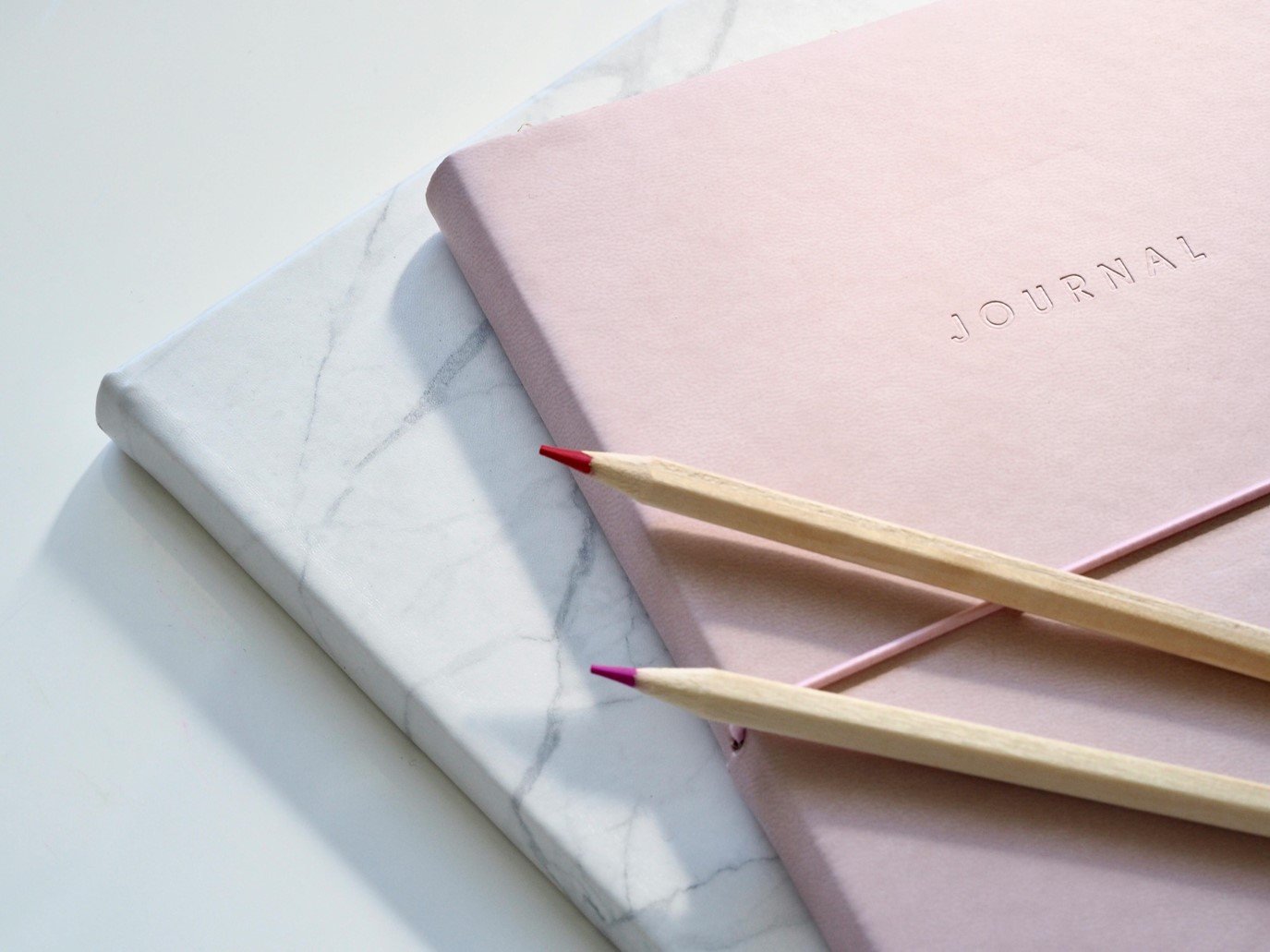
Have you ever stumbled upon an old notebook, opened it, and found a glimpse of your past self you had completely forgotten? Imagine if, instead of random notes or doodles, that notebook was filled with the chronicles of your thoughts, dreams, and daily adventures. Surprising, isn’t it? The simple act of writing down your feelings and experiences can transform your life in unexpected ways.
Picture this: a young woman named Sarah, feeling overwhelmed by the whirlwind of modern life. Stress from work, social obligations, and the never-ending barrage of information left her feeling disconnected and anxious. One day, a friend handed her a beautifully bound journal, suggesting she give journaling a try. Skeptical but curious, Sarah decided to give it a go. What started as a hesitant scribble soon blossomed into a daily ritual that brought clarity and peace into her chaotic world.
Journaling, often overlooked as a mere pastime, holds the power to unlock doors to self-discovery and mental well-being. But where do you begin? How do you transform a blank page into a canvas for your inner thoughts? Let’s embark on this journey together, exploring the steps to start your journaling practice and discovering what to write to make the most out of this transformative habit.
Why Journaling Matters

Journaling isn’t just about documenting your day-to-day activities; it’s a profound tool for introspection and self-discovery. When Sarah started journaling, she noticed patterns in her emotions and behaviors that she had never seen before. This reflective practice allowed her to understand her feelings, make informed decisions, and slow down her racing thoughts. Studies show that journaling can reduce stress, enhance emotional intelligence, boost memory, and even strengthen the immune system. It’s like having a heart-to-heart conversation with yourself, fostering mental well-being and personal growth.
Beyond mental health benefits, journaling can ignite creativity, serving as a safe space for innovative ideas and emotional release. It also aids in goal setting and achievement by creating a tangible roadmap for success. Regular journaling develops self-awareness and offers a quiet space to connect with your inner voice. For Sarah, journaling became a sanctuary, helping her navigate life’s challenges with clarity and purpose. The simple act of writing holds the power to transform your life, making it a journey of self-exploration, growth, and healing.
How to Start Your Journaling Practice

Starting a journal can feel daunting, but it doesn’t have to be. Remember, there are no rules or expectations. Here’s how Sarah eased into her journaling practice:
- Choose Your Medium: Whether it’s a fancy notebook, a simple diary, or a digital app, find a medium that you’re comfortable with. Sarah loved the tactile feel of pen and paper, but you might prefer typing on your laptop. Some people even use voice recordings. The key is to select a format that feels natural and enjoyable.
- Set Aside Time: Consistency is key to reaping the benefits of journaling. Dedicate a specific time each day, even if it’s just 10 minutes. Sarah found her morning coffee routine the perfect time to reflect and write, turning it into a cherished ritual. You might find evenings or lunch breaks more suitable for your schedule.
- Start Small: Don’t worry about writing pages and pages. Begin with a few sentences about how you’re feeling or what you’re thinking. Over time, your entries will naturally expand. Start with a sentence like, “Today I felt…” or “Something that made me smile was…” This approach helps you ease into the habit without feeling overwhelmed.
- Prompt Yourself: If staring at a blank page feels intimidating, use prompts. Write about a memorable moment from your day, a goal you’re working towards, or something you’re grateful for. Prompts can spark inspiration and guide your thoughts. Consider prompts like “What am I excited about right now?” or “What’s a lesson I learned today?”
- Create a Comfortable Environment: Find a quiet, comfortable space where you can focus on your writing. Sarah turned a cozy corner of her living room into her journaling nook, complete with soft lighting and her favorite blanket. Creating a dedicated space can enhance your journaling experience and make it more inviting.
- Be Honest and Open: Your journal is a private space for your thoughts and feelings. Write without judgment or fear of what others might think. Honesty in your entries can lead to deeper self-discovery and healing. Sarah found that being candid with herself helped her gain clarity and resolve inner conflicts.
- Reflect and Revisit: Periodically revisit your old entries to see how you’ve grown and what you’ve learned. Reflection can provide valuable insights into your personal development and reinforce positive changes. Sarah often read through her past entries, finding patterns and progress that motivated her to keep journaling.
Starting a journaling practice is about creating a habit that nurtures your mind and soul. It’s a personal journey that evolves with you, offering countless benefits along the way. Embrace the process, and soon you’ll discover the transformative power of putting pen to paper.
What to Write in Your Journal?

Once you’ve established a routine, the question of what to write will become easier. Here are some ideas to get you started:
- Daily Reflections and Gratitude Lists: Summarize your day by reflecting on what you did, how it made you feel, and the highlights and challenges. Additionally, write down three things you’re grateful for each day. This combined practice can provide valuable insights, help you process experiences, and shift your mindset towards positivity. Keywords: daily journaling, reflection journal, daily highlights, gratitude journaling, positive mindset, daily gratitude practice.
- Goals, Dreams, and Personal Growth: Document your aspirations, both short-term and long-term, and the steps you’re taking to achieve them. Track your personal growth and development by writing about new skills you’re learning, books you’re reading, or experiences that are shaping you. Revisiting these entries can motivate you and keep you accountable. Keywords: goal-setting journal, dream journaling, achieving goals, personal growth journal, self-improvement journaling, skill development.
- Emotional Check-ins and Problem Solving: Describe your emotions in detail, what triggered them, and how you responded. Regular emotional check-ins can promote emotional intelligence and mental health. Additionally, write about challenges or problems you’re facing and brainstorm possible solutions. This can help clarify your thoughts and lead to effective problem-solving strategies. Keywords: emotional journaling, feelings journal, managing emotions, problem-solving journal, brainstorming ideas, finding solutions.
- Creative Writing and Mindfulness: Let your imagination run wild by writing stories, poems, or even random thoughts. Use your journal to practice mindfulness and meditation by writing about your experiences, thoughts, and reflections. This can deepen your mindfulness practice and provide a sense of calm. Keywords: creative journaling, story writing, poetry journal, mindfulness journaling, meditation journal, reflective journaling.
- Inspirational Quotes, Insights, and Travel Adventures: Jot down quotes or insights that inspire you, reflecting on why they resonate with you and how they apply to your life. Document your travels and adventures by writing about the places you visit, the people you meet, and the experiences you have. This can create a cherished record of your journeys and provide ongoing inspiration and motivation. Keywords: inspirational journaling, quotes journal, motivational insights, travel journaling, adventure journal, travel experiences.
By incorporating these ideas into your journaling practice, you’ll find endless possibilities to explore your thoughts, emotions, and experiences. Journaling is a personal journey, and the content of your entries will naturally evolve over time. Embrace the process, and let your journal become a trusted companion on your path to self-discovery and growth. As Sarah discovered, the power of journaling lies in its ability to bring clarity and calm to the chaos of everyday life. It’s a personal journey, one that evolves with you. So, grab that notebook, find a quiet corner, and start writing. You might be surprised by the transformation that unfolds within those pages.